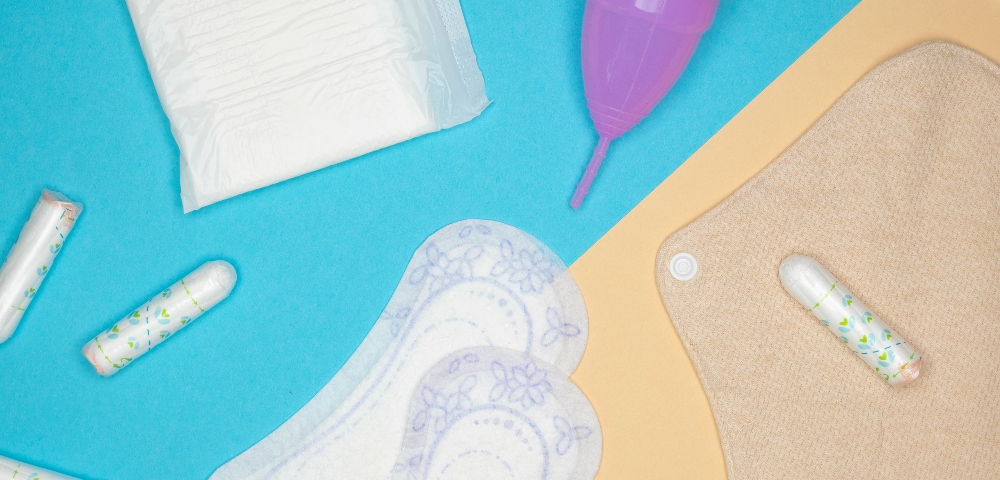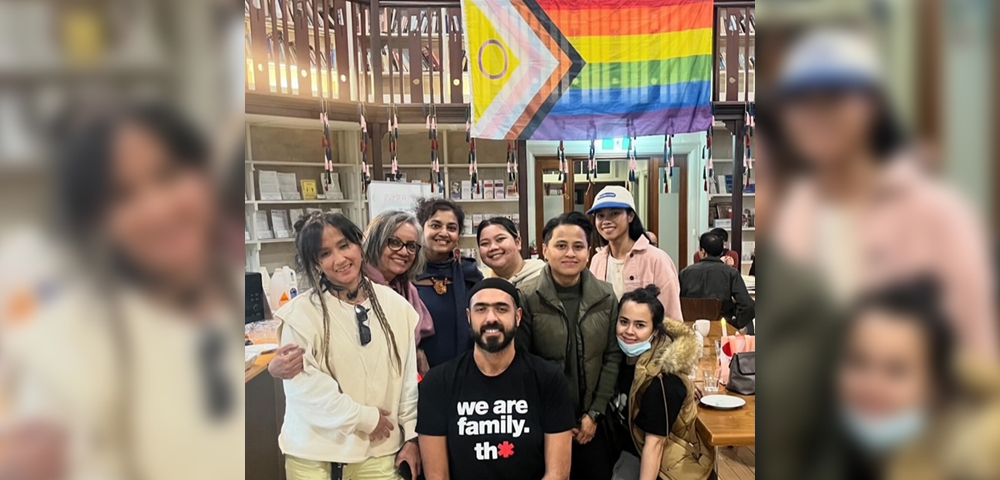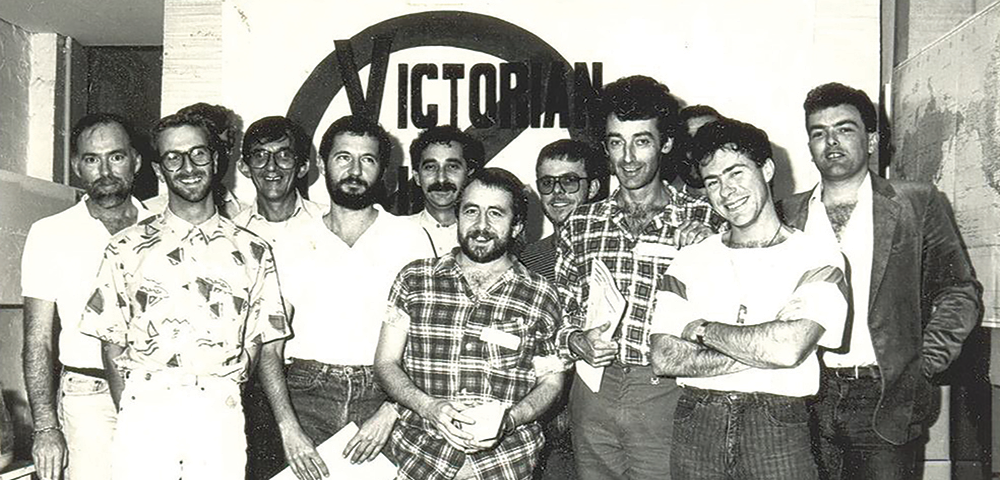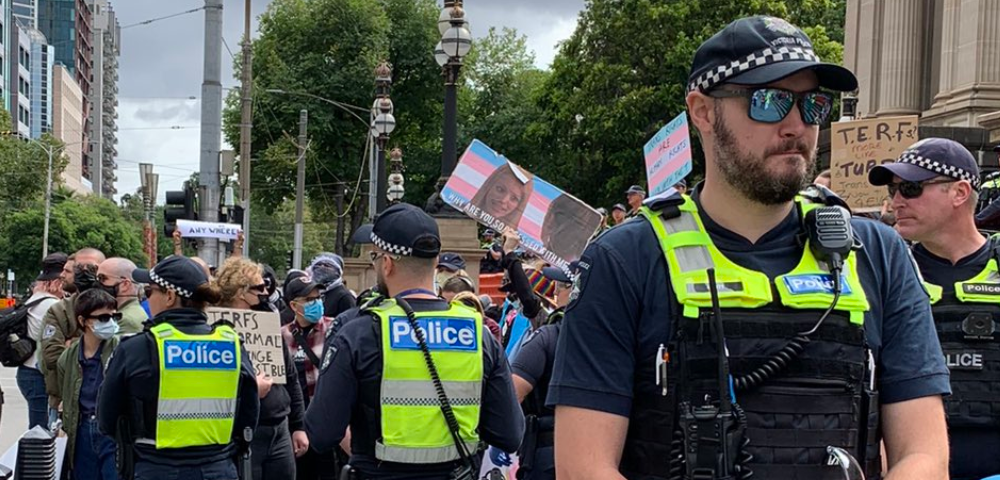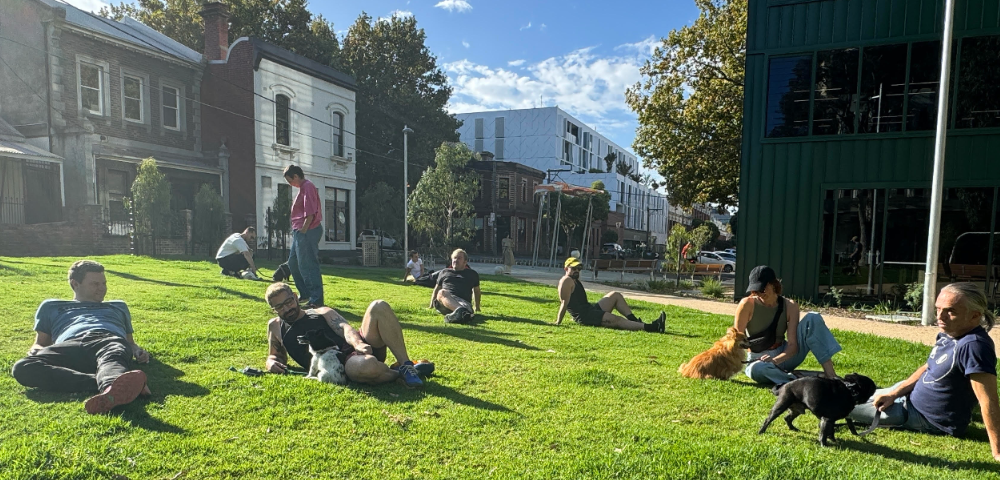
PBS committee rejects new HIV treatments
The Pharmaceutical Benefits Advisory Committee has rejected calls to subsidise two HIV related drugs, on the grounds of cost effectiveness.
Both Sculptra, a cosmetic injection used to stop the effects of lipodystrophy, and Maraviroc, a new class of drug deemed to be highly effective on people with resistance, have both been denied listing on the Pharmaceutical Benefits Scheme (PBS).
In both cases, the treatments were rejected on the grounds that the cost effectiveness of a government subsidy could not be shown.
It is a disappointing outcome said Positive Life spokesman Rob Lake, who pointed out that the amount of benefit the drugs could bring to a person’s life could not be summed up in dollar terms.
-œIt is a very disappointing decision. In terms of cost effectiveness, it’s a shame that that’s the primary decision factor because, as we pointed out in our submission for Sculptra, the benefit to people in terms of their sense of not being so visibly identifiable is pretty un-quanitifiable, he said before assuring people with HIV that Positive Life would continue to push for the inclusion of both drugs on the next PBS list.
-œThe same reason of cost effectiveness was listed as the reason for rejecting Maraviroc, but the significant thing about it is that it’s a new class of drug. It’s a CCR5 inhibitor which is good for people with treatment experience, and that’s where we need the best range of drugs, for people who are experiencing resistance.
-œWe will start working out what we need to do, so if maybe need to get someone to do research on cost effectiveness or something. We’re just going to have to try again and work on a submission that addresses the grounds for rejection.




